A newly released recording raises questions about what the iconic saxophonist might have achieved if he hadn’t died at age 40.
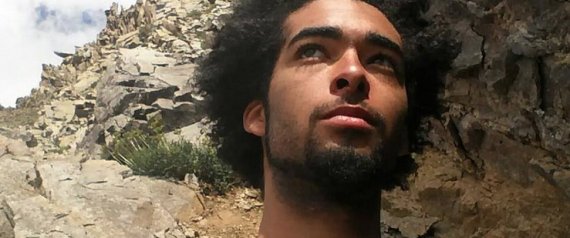
SARATOGA SPRINGS, Utah (AP) — A woman has criticized police in the Utah County city of Saratoga Springs over the fatal shooting of her 22-year-old son…

In a recent AlterNet piece, I pointed to studies showing that Islamic terrorism is rooted more in politics and economics than in fanatical religious belief.
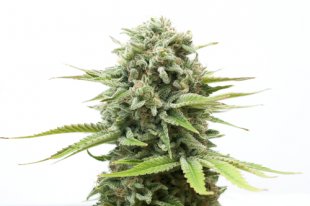
We look at the growing movement for drug decriminalization that is moving ahead in the United States and being amplified by former heads of state from around the around.
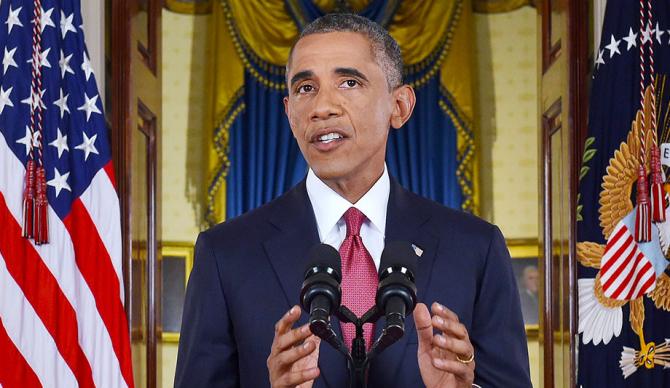
Despite polls this week showing that the public is losing confidence in President Barack Obama’s…
George Baer was a railroad and coal mining magnate at the turn of the twentieth century.
Black men. Fellas. Brothers.
Stop complaining about Ray Rice’s (much deserved and yet woefully insufficient) punishment. Right now.
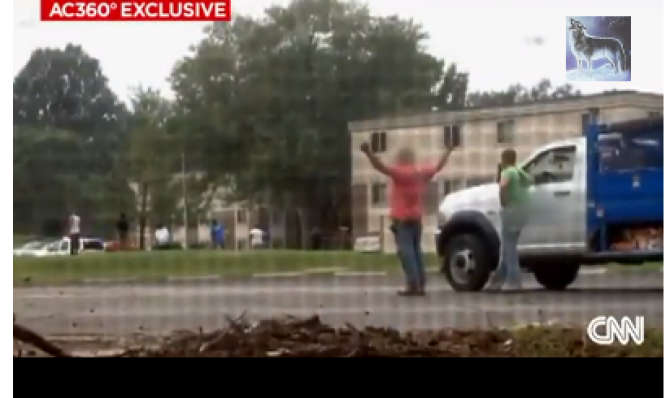
Two contractors have come forward with their own details surrounding Michael Brown’s fatal shooting in early August in Ferguson, Mo.
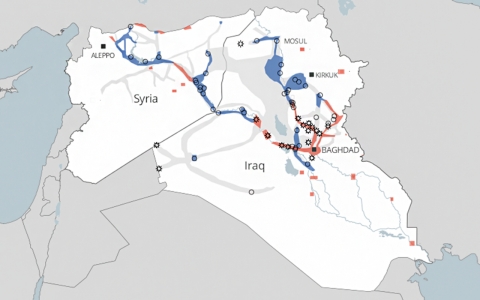
In the past 13 years, Al-Qaeda has never managed to produce anything close to the spectacular strikes of Sept. 11, 2001 that triggered President George W. Bush’s war on terrorism.
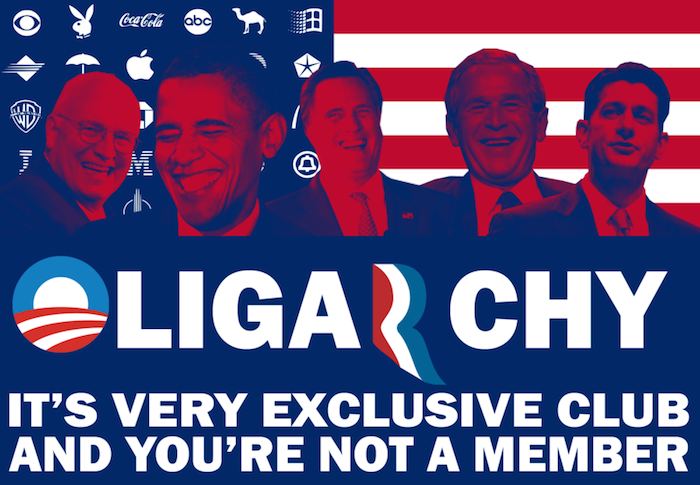
This paper starts with summarizing the major theoretical elements in the definition of a global ruling class.
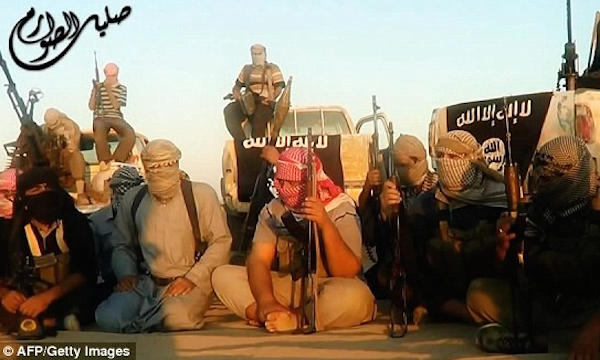
The “Islamic State,” or ISIS as others refer to them, present themselves to the world as an enemy that hardly anyone can stomach.
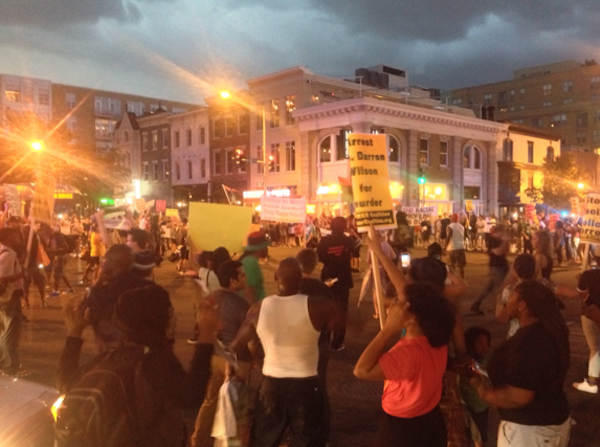
At 7 p.m. on Saturday night, “‘Hands up, don’t shoot!’ buttons, one dollar!” were the chants you heard outside of the 10th Street exit of the U Street…














